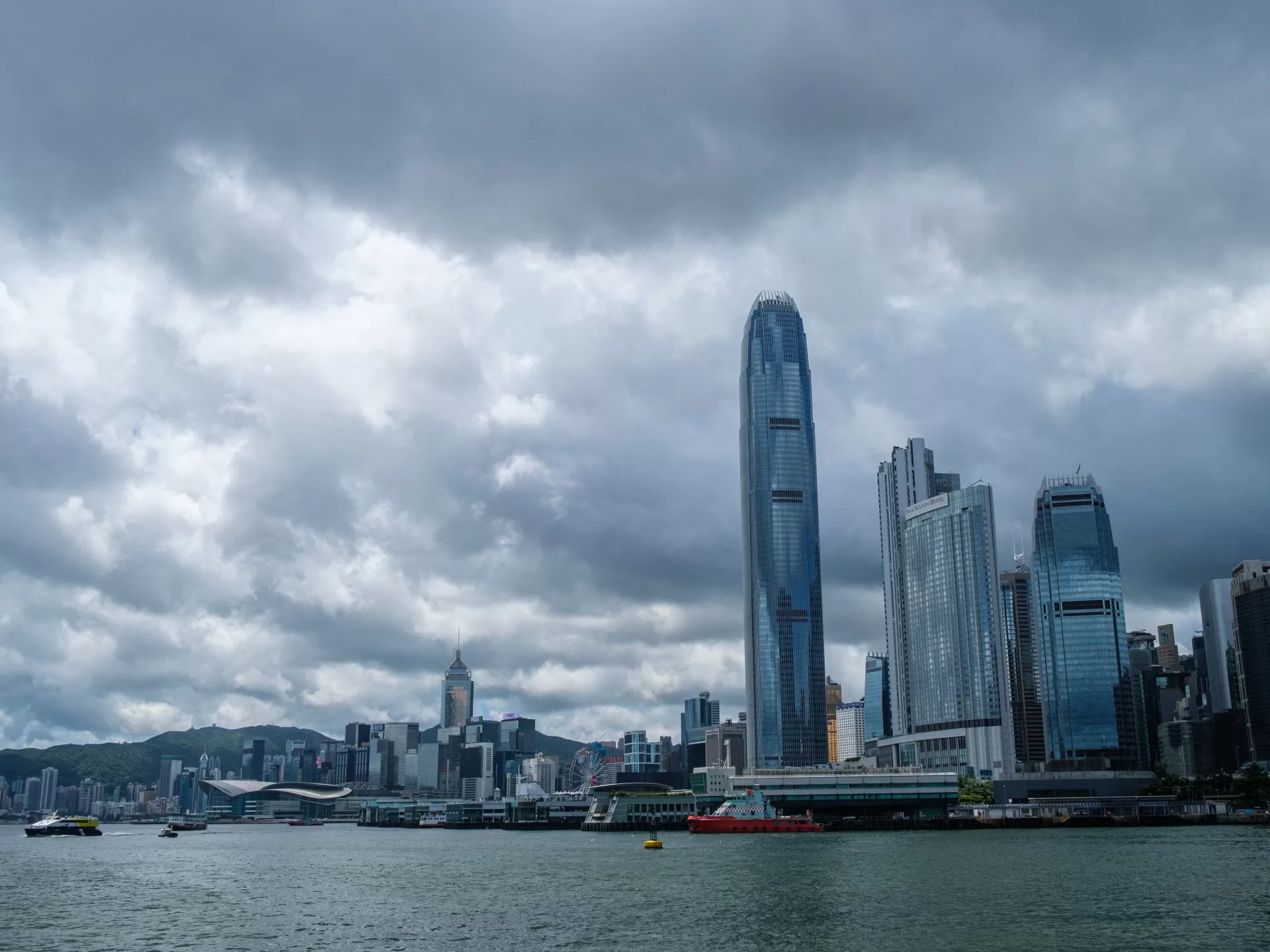The new chair of Hong Kong’s leading media professional group has said she lost her job at The Wall Street Journal after she refused her supervisor’s request to withdraw from the election for the leadership post.
Reporter Selina Cheng told a press briefing on Wednesday that a senior editor told her that her job was eliminated due to restructuring. But Cheng said she believed the real reason was linked to her supervisor’s request about three weeks ago to withdraw from the election for chair of the Hong Kong Journalists Association (HKJA), a trade union for journalists also advocating for press freedom.
She said her supervisor also asked her to quit the association’s board, which she has served on since 2021. After she refused, she was told “it will be incompatible” with her job.
“I am appalled that the first press conference I’m giving as HKJA’s new chair is to announce that I was fired for taking up this position in a press union,” said Cheng, who was elected as the new chair in June.
Dow Jones, which publishes the newspaper, confirmed Wednesday it made “some personnel changes” but refused to comment on individuals.
“The Wall Street Journal has been and continues to be a fierce and vocal advocate for press freedom in Hong Kong and around the world,” it said in a statement emailed to The Associated Press.
Hong Kong journalists work in a narrowing space after drastic political changes in the city that was once seen as a bastion of media freedom in Asia.
Since the introduction of a Beijing-imposed national security law in 2020, two local news outlets known for critical coverage of the government, Apple Daily and Stand News, were forced to shut down after the arrest of their senior management, including Apple Daily publisher Jimmy Lai.
In March, Hong Kong enacted another security law to target engaging in espionage, disclosing state secrets and “colluding with external forces” to commit illegal acts, among others. The legislation has sparked worries among many journalists over a further decline in media freedom.
Less than a week after the enactment, the US-funded Radio Free Asia announced its Hong Kong bureau had been closed because of safety concerns under the new law.
‘Deeply shocked’
The Hong Kong Journalists Association has been criticised by local authorities and pro-Beijing media outlets in recent years.
In June, Secretary for Security of Hong Kong Chris Tang said the association lacks legitimacy and accused it of having stood with the protesters in 2019.
The Wall Street Journal also has faced pressure from the government. Last July, it received three complaint letters from Tang over its editorial or opinion pieces.
In May, the US media outlet announced to its staff that it was shifting “its center of gravity” in the region from Hong Kong to Singapore. That resulted in some staffers losing their jobs in the Chinese financial hub. Cheng, who covered China’s automobile and energy sector, was not affected.
After she refused to withdraw from the HKJA’s election last month, she said, her supervisor told her that Wall Street Journal’s workers should not be seen as advocating for press freedom in “a place like Hong Kong” because such advocacy would create a conflict as the outlet reports on incidents about press freedom in the city.
Cheng said the outlet has been supportive of her colleague Evan Gershkovich, who was arrested in Russia on espionage charges that he, his employer and the US government vehemently deny.
“This is why I am deeply shocked that senior editors at the paper would actively violate their employees’ human rights by preventing them from advocating for press freedom the Journal’s reporters rely on to work,” said Cheng, who worked as a video news assistant with The Associated Press in Hong Kong in 2014.
She asserted that her former employer has negatively impacted Hong Kong’s worsening press freedom.
The HKJA said in a statement that The Wall Street Journal risks hastening the decline of what space remains for independent journalism by pressuring its employees to not take part in it. Other elected board members of the association have also been pressured by their employers to stand down, it said, without giving details.
Hong Kong ranked 135th out of 180 countries and territories in Reporters Without Borders’ latest World Press Freedom Index.
